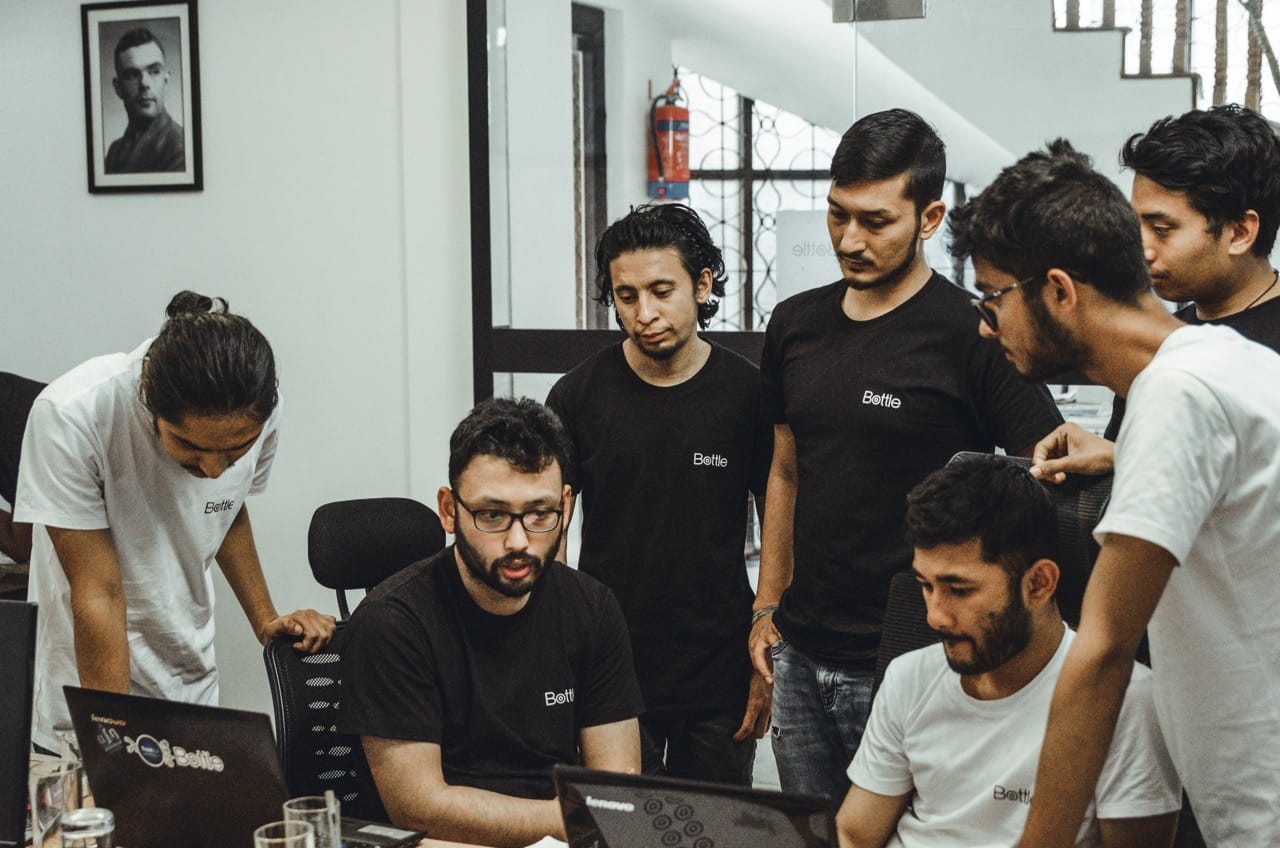A German fintech company outsources its app development to India. Six months later: the project is significantly behind schedule, the budget has been considerably exceeded, and critical security features are completely missing. The reason? Not a lack of technical expertise, but cultural misunderstandings that no one had on their radar.
1. The invisible project risks: When cultures collide
While 76% of German companies outsource IT functions and the market is growing by 7.68% annually, many decision-makers overlook the biggest risk factors: cultural differences. Only 21% of companies have complete transparency about their outsourcing cost drivers – often because cultural conflicts are not even recognized as a risk factor.
The most common cultural pitfalls:
- Language barriers despite “perfect English”: Technical nuances are lost in translation
- Different work ethics: “Finished” means completely different quality standards in different cultures
- Hierarchy differences: Flat German structures clash with strict top-down cultures
- Communication styles: Direct German feedback is perceived as rude, vague feedback as non-committal
- Understanding of time: “Deadline tomorrow” can mean “next week”
These problems cost German companies millions every year – and are completely avoidable.
2. Moonlighting, loyalty, and educational standards: The hidden risks
What many German companies don't know: In many outsourcing destinations, completely different working practices prevail. Most companies completely underestimate these local peculiarities.
Real-life examples:
- Moonlighting problem: Developers work for several clients at the same time
- Understanding of loyalty: Switching to a competitor in the middle of a project is culturally normal, not disrespectful
- Educational standards: “Bachelor's degree in computer science” can mean completely different qualifications depending on the university
- Salary development: An annual salary adjustment of 20% is not uncommon, which irritates Western counterparts
An example: A German e-commerce company only discovered after eight months that their “senior developer” was actually working on three different projects at the same time, which led to significant delays.
3. Time zone chaos and workflow misunderstandings
52% of companies struggle with communication barriers, but the real problem lies deeper: completely different work practices and understanding processes.
The most common workflow conflicts:
- Meeting culture: German efficiency meets lengthy consensus discussions
- Documentation standards: “Sufficiently documented” means completely different things in different cultures
- Feedback loops: German corrections are perceived as personal criticism
- Escalation channels: Problems are not communicated upwards for cultural reasons
- Quality control: “Works for us” vs. “Production-ready” are different worlds
- Time zones: Even with “only” a 3.5-hour time difference, the overlap for meetings is considerably reduced and focuses on the morning in the DACH region
4. How DevRiseUp avoids cultural conflicts from the outset
This is where the DevRiseUp solution comes in: German project management eliminates cultural risks before they arise.
The DevRiseUp approach systematically solves cultural problems:
- German project management: A German project manager speaks your language, understands your standards, and communicates them without loss.
- Cultural translation: Requirements are “translated” not only linguistically, but also culturally.
- Uniform quality standards: German thoroughness is established and enforced from day one
- Transparent communication: Regular updates in German, without cultural “politeness filters”
- Proven partner networks: Development teams that have already internalized German work practice
The result: Projects are carried out according to German standards, even if the implementation takes place internationally.
5. Partner selection: What German decision-makers need to look out for
79% of companies do not conduct a comprehensive cultural assessment of their outsourcing partners – a fatal mistake that can prove costly later on.
DevRiseUp checklist for culturally compatible partners:
- Work ethic test: How does the partner define “finished” work?
- Communication test: Are problems addressed openly or concealed?
- Loyalty standards: How binding are agreements and confidentiality?
- Educational background: What real skills are behind the certificates?
- Process compatibility: Do the work practices match German standards?
The difference: DevRiseUp filters these aspects before project selection – you only get culturally compatible teams.
6. German thoroughness meets global expertise
The DevRiseUp model combines the best of both worlds: German project management ensures standards, international experts ensure innovation.
- No cultural surprises: German project management knows both sides
- Uniform communication: All participants speak the same “project language”
- Familiar quality: German standards are not watered down
- Predictable processes: No culturally-induced delays or misunderstandings
Conclusion
Outsourcing is no longer purely a question of cost – with a shortage of 109,000 IT specialists, there is often no alternative. But cultural pitfalls can quickly turn supposed solutions into expensive problems. German companies need partners who understand both worlds: international expertise AND German thoroughness.
Our conclusion: Successful international projects need cultural translators, not just technical experts. Eliminating cultural risks from the outset not only saves nerves, but also time and money.
Have you already experienced cultural pitfalls in outsourcing projects?
Contact us for a no-obligation analysis of your current outsourcing challenges. We will show you how German project management makes international expertise usable without cultural risks.

